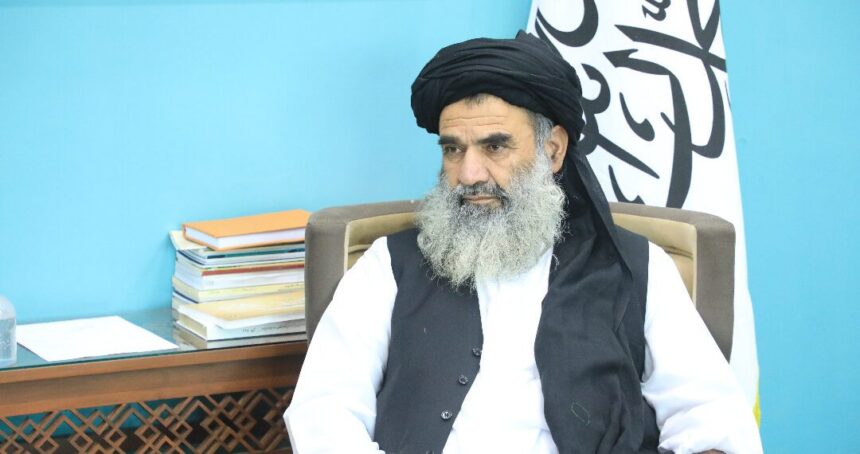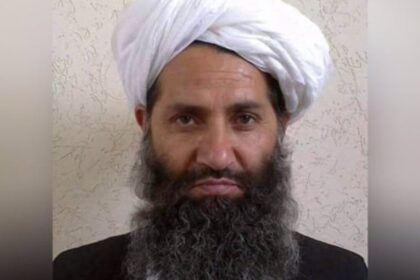RASC News Agency: The Taliban’s so-called Minister of Education has proclaimed that obedience to Hibatullah Akhundzada is an obligation, and those who disobey him are in error. This statement reflects the Taliban’s continued efforts to impose authoritarian rule under the guise of religious authority, silencing dissent and enforcing loyalty through fear. As internal rifts within the Taliban leadership widen, Habibullah Agha, a close associate of Akhundzada, has desperately attempted to reinforce the group’s fragile grip on power, stressing the necessity of absolute obedience to the self-proclaimed “Amir”.
Speaking in Panjshir on February 2, Agha declared: “Obedience to the Amir is the foundation of an Islamic system’s success.” His speech, however, starkly contrasts with the Taliban’s failures, as their so-called “Islamic system” has led to political instability, economic collapse, and growing resistance across Afghanistan. According to Bakhtar News Agency, a Taliban propaganda outlet, Agha made these remarks during the appointment ceremony of Panjshir’s new education director, another pawn in the Taliban’s oppressive administration. He further claimed that the appointment aimed to “enhance” the Taliban’s educational system, a blatant contradiction given their draconian policies that have systematically dismantled education, especially for women and girls.
These remarks come at a time when the Taliban’s internal divisions are becoming impossible to conceal. Several key Taliban figures have accused Akhundzada of consolidating power and ruling with an iron fist. Abbas Stanikzai, a senior Taliban member, publicly rejected the cult-like worship of Akhundzada, stating that absolute obedience was unnecessary. His remarks angered Taliban hardliners, forcing him to flee to the United Arab Emirates to escape persecution from his own group. Meanwhile, the powerful Haqqani Network has also turned against Akhundzada, accusing him of dictatorial leadership and reckless decision-making. Sirajuddin Haqqani, one of the Taliban’s most influential commanders, has repeatedly voiced discontent with Akhundzada’s unilateral decrees, signaling a major fracture within the group’s hierarchy.
As internal conflicts escalate, the Taliban also face intensifying resistance from opposition forces and growing pressure from the international community. With economic turmoil, dwindling financial support, and armed uprisings gaining momentum, the Taliban’s fragile rule appears increasingly unsustainable.






